US-Iran Nuclear Talks Resume in Oman Amid Rising Tensions and Global Scrutiny
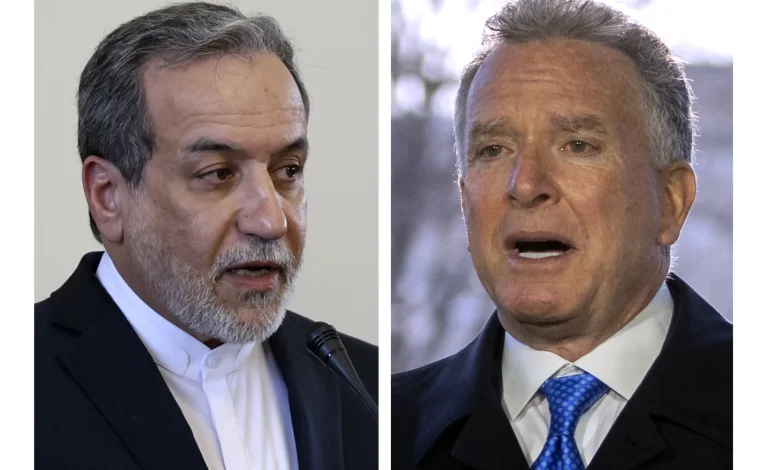
Negotiations between Iran and the United States over Tehran’s advancing nuclear program are set to resume Saturday in the secluded Gulf nation of Oman, where expert delegations from both sides will begin work on the technical components of any potential agreement, the Associated Press reports.
The discussions aim to curtail Iran’s nuclear activities in return for relief from US sanctions that have long pressured the Islamic Republic’s economy.
The talks, led by Iranian Foreign Minister Abbas Araghchi and US Middle East envoy Steve Witkoff, follow a weekend round held in Rome. The shift to Oman — a longstanding diplomatic intermediary — reflects both logistical and symbolic considerations. Rome was hosting the funeral of Pope Francis, and Iranian media expressed concerns over press attention near their embassy there. In contrast, Oman offers a discreet venue, nestled in the Hajar Mountains and historically trusted by both parties.
While details of the agenda remain under wraps, the stakes are high. Iran continues to enrich uranium to near weapons-grade levels, prompting concern among Western powers. Iranian officials have warned of the potential for pursuing nuclear weapons if diplomatic progress stalls. On the other hand, US President Donald Trump has reiterated his willingness to authorize military action should negotiations fail.
The geopolitical backdrop is increasingly complex. Araghchi has recently met with leaders in Moscow and Beijing, signaling that Iran is seeking to shore up support from China and Russia — both of which have voiced backing for diplomatic solutions and Iran’s right to peaceful nuclear energy. The three nations also met this week with the head of the International Atomic Energy Agency (IAEA), although Iran has significantly limited the agency’s inspection access in recent years.
According to China’s state-run Xinhua, the trio emphasized diplomacy and the IAEA’s role, while affirming Iran’s right to develop a civilian nuclear program. However, the reduced transparency around Iran’s facilities continues to fuel international concerns about possible covert activities.
The US approach has hardened under Secretary of State Marco Rubio, whose policy staff director Michael Anton is leading the American technical team. Anton, known more for political commentary than nuclear policy, has previously criticized conciliatory approaches toward Iran. Rubio recently reaffirmed that Iran should not enrich uranium domestically and instead import nuclear material like other civilian programs around the world.
Former CIA Director Bill Burns, involved in backchannel diplomacy leading to the 2015 nuclear deal, questioned the feasibility of such a demand, noting that Iran is unlikely to accept a “zero enrichment” model similar to Libya’s.
At home, the Iranian government continues to express openness to negotiations, with officials signaling potential visits to European capitals — Berlin, London, and Paris — to involve European parties more actively. Araghchi stated on social media that the so-called E3 (France, Germany, and the UK) now have an opportunity to “forge a different path.”
The broader regional context also remains volatile. Israel, which has long opposed Iran’s nuclear ambitions, continues to conduct military drills and has not ruled out further airstrikes on Iranian nuclear facilities. These tensions, coupled with the ongoing conflict in Gaza, add additional uncertainty to the negotiations.
On the streets of Tehran, public sentiment reflects cautious optimism.
“It’s OK to negotiate,” said resident Farzin Keivan. “Of course we shouldn’t give them everything. After all, we’ve suffered a lot for this program.”
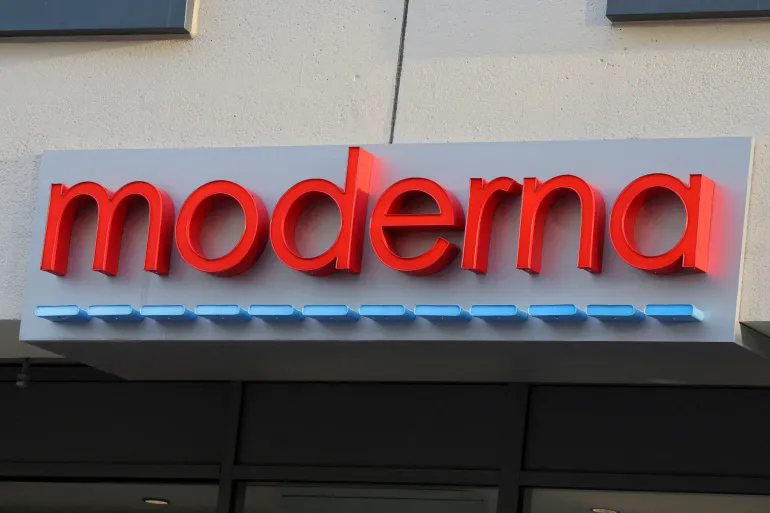
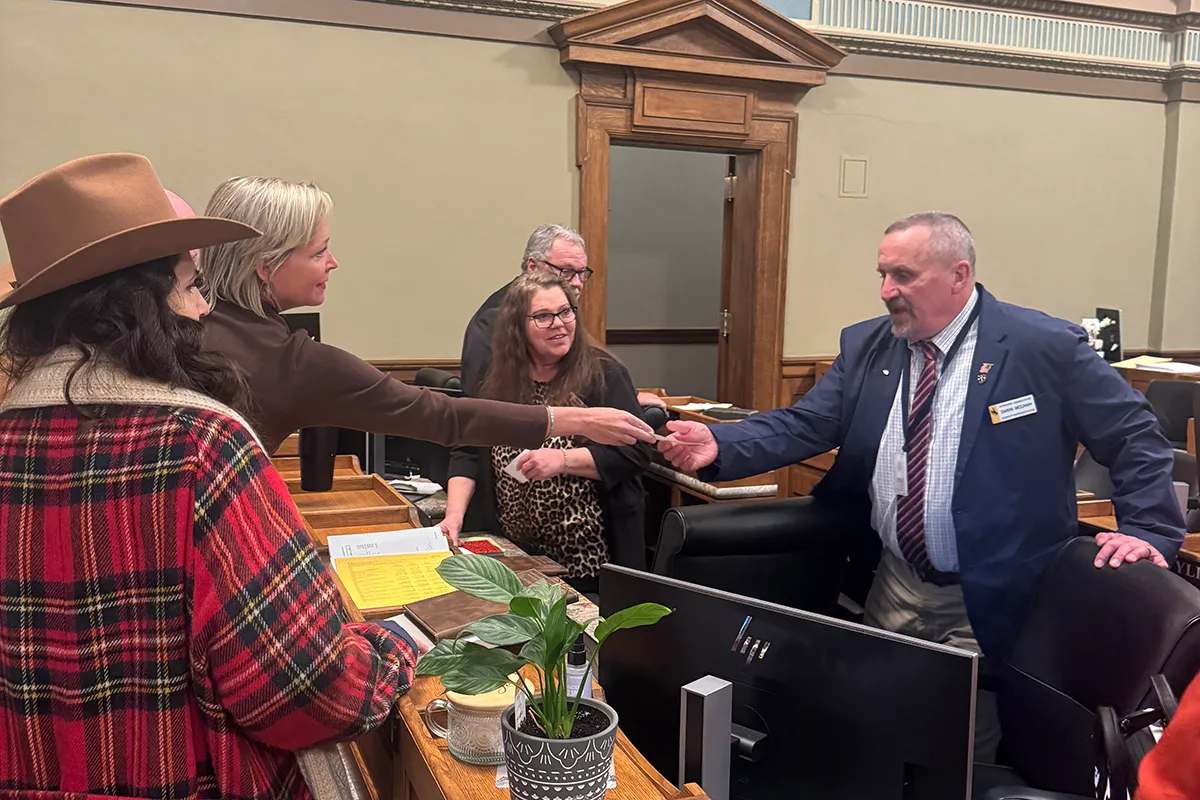
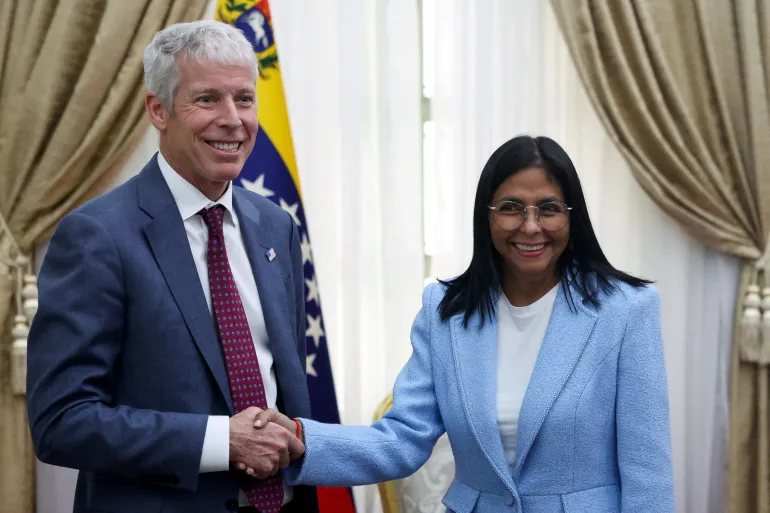

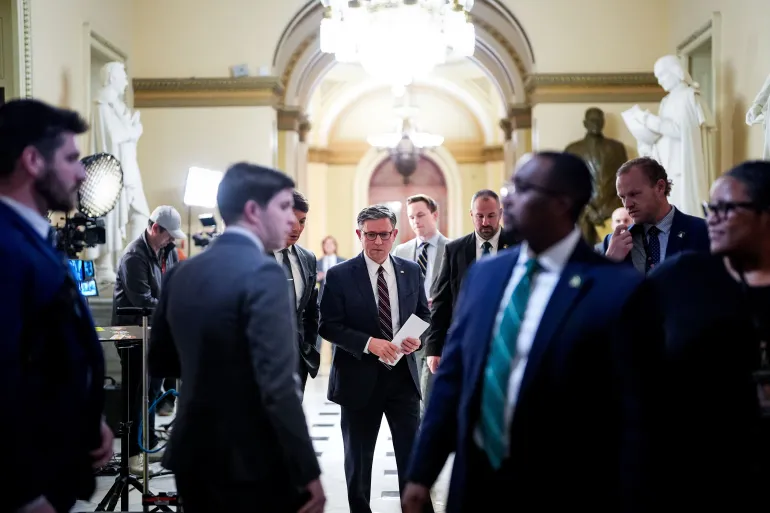




The latest news in your social feeds
Subscribe to our social media platforms to stay tuned